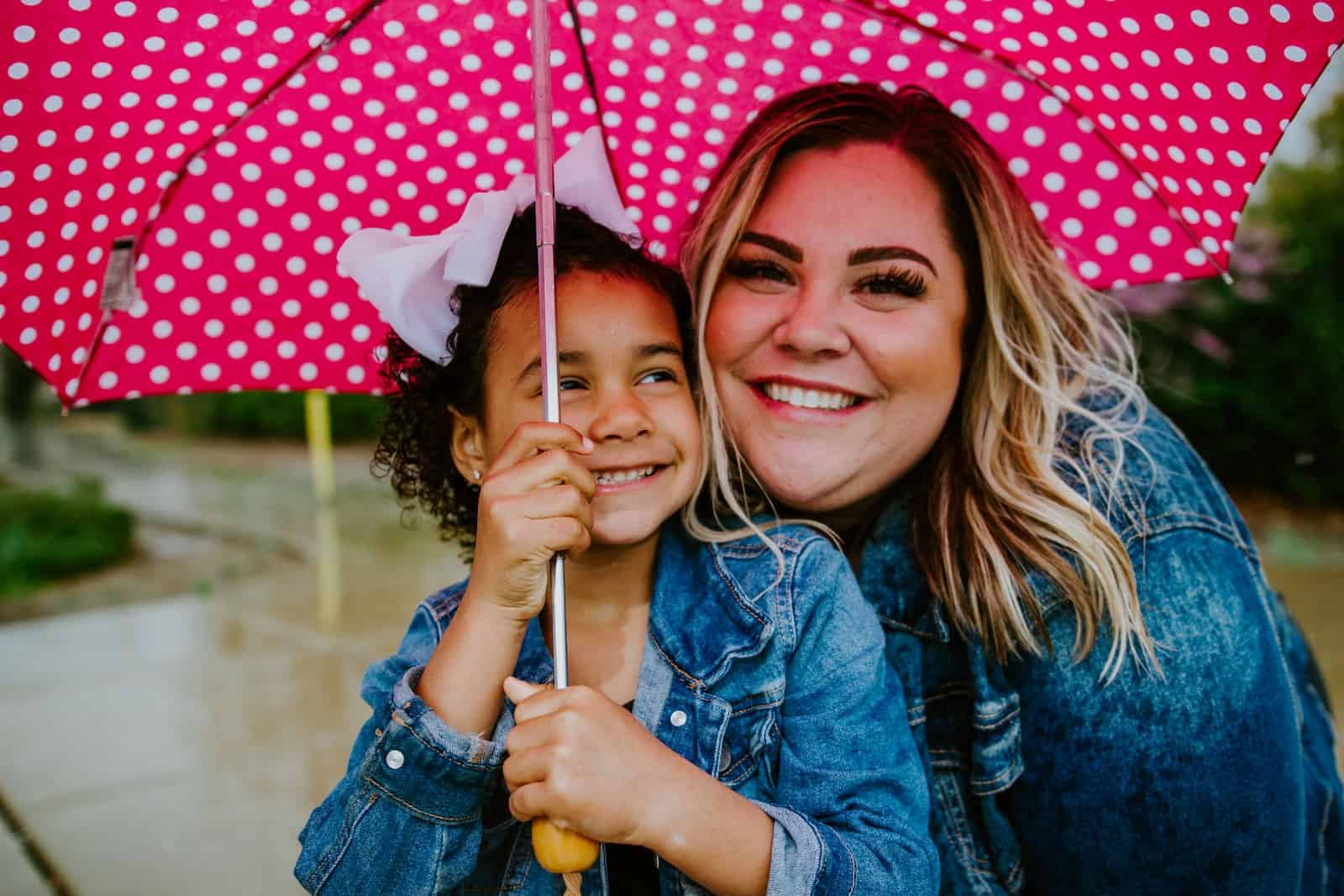One of the most common heart cries of children and teens I work with is their desire to spend quality time with their parents.
We as parents do not always do this perfectly. But if we can be present with our children on their terms, even for five or 10 minutes a day, they will grow up feeling safe, secure and emotionally healthy.
So how can we be present in a way that helps our children the most? Children of all ages need us to “just be,” undistracted, fully engaged with them without imposing our own agendas.
Let Them Lead
When we do a puzzle or build a tower with our toddlers and preschoolers, we need to let them lead. If they are struggling with a puzzle piece, let them struggle with it. They are far better off figuring it out for themselves than if we jump in, give directions or put it in the right place for them. It is so important for our children to struggle some and learn persistence and patience. They experience what it feels like to be frustrated or confused, and then how it feels to accomplish something on their own. This is healthy growth and this lesson can be applied in all stages of development. We can help them identify with them by reflecting what they are feeling or doing. “It’s frustrating when a piece doesn’t fit.” “You found the right one!”
When we play with our elementary age children, the same rules apply. They may want to play something that completely bores us. We may feel like we don’t have the time. We juggle work, all their activities and getting dinner on the table. How is there time to play a video game, Legos or soccer outside? Guess what? All those “adult” things can wait. When we give our children our undivided and willing attention, we show them they are important and loved. Again, we need to leave our own agendas behind and let them lead.
Listen Without Judgement
As teenagers, our kids come home and say the most outrageous things sometimes, don’t they? Our adolescents are trying to find out who they are, who they want to be, and how they fit in the world. Throw in physical changes and lots of hormones, it is a very confusing time for them. Despite the signals our teens may display, they deeply want to connect with us. During this time, it is of utmost importance to set aside our own agendas. They want to try out their ideas without our comments or opinions.
For instance, if our teenager comes home and complains about an unfair teacher, an annoying kid in geometry class, or the fight they just had with their best friend, just listen. Don’t try to fix the problem. Don’t offer solutions. Just listen. If they want your input (often they do not), just affirm how they are feeling. “Sounds like your teacher makes you angry.” “How annoying and frustrating.” “I am so sorry.” This is not the time for a life lesson or a trip down memory lane into your own high school years. This also isn’t the time for you to say things like, “Well if you would just […] like I told you, this never would have happened.” It also is not the time to say things like, “Just be grateful for what you have.” A great parenting resource is Dr. Becky Kennedy’s podcast Good Inside.
They Are Watching Us
Sometimes we do need to make a course correction with our children. One of the best things we can do is model with our own words and actions. When that annoying person at work disrespects us in a meeting, will we come home and rant about it? How about bringing it up at dinner and talking about how embarrassing it was? We can share how it made us angry, but how we won’t let it ruin our day. If we want our kids to be grateful, how can we model gratefulness in our own lives? Our kids are watching us and they see us when we’re not looking. If our words do not match our actions, they notice and lose respect.
Being in our loving presence may be the only time our children feel safe enough to express themselves honestly. We need to create an environment that invites them in, not sends them away. We do this by giving our undistracted time to them. We do this by showing them loving acceptance of who they are. And we do this by modeling healthy emotional responses.
We need to be our children’s safe havens so they can grow up and create safe havens for their own children.


